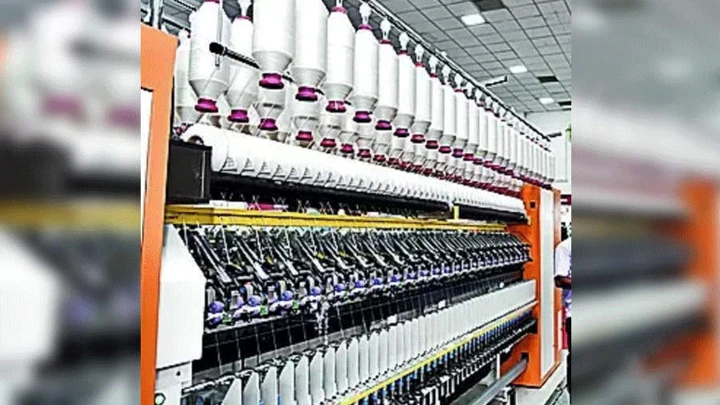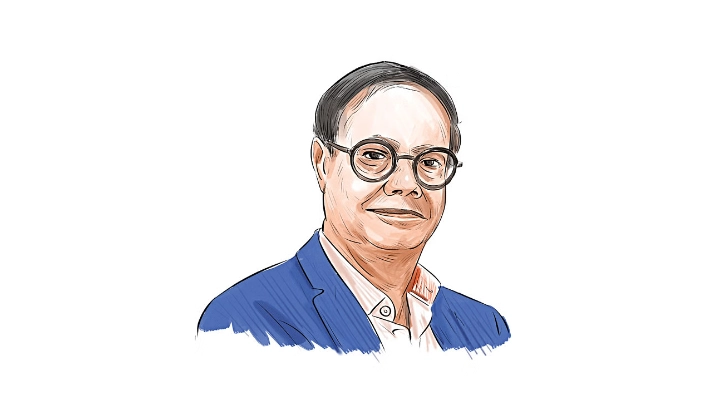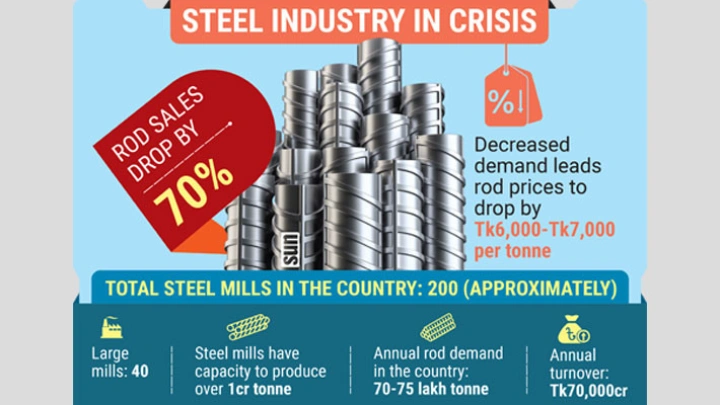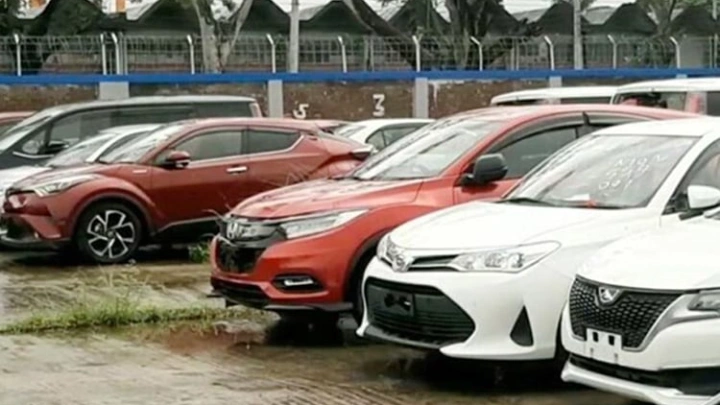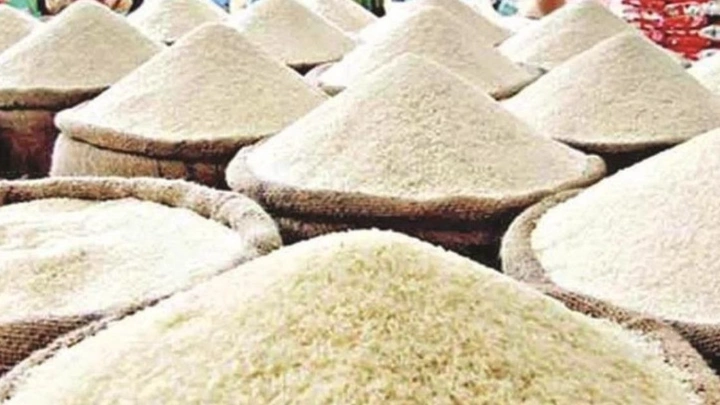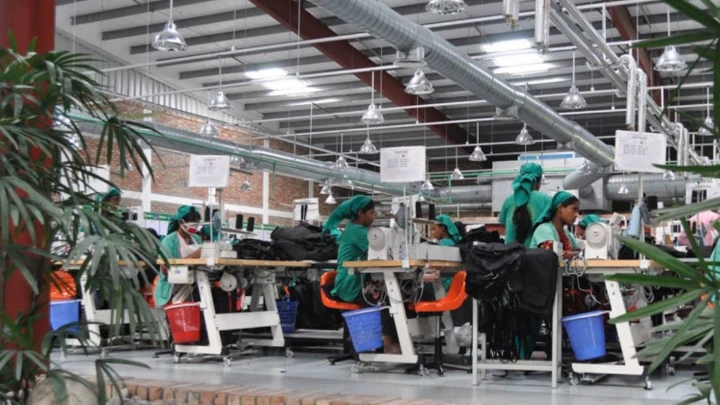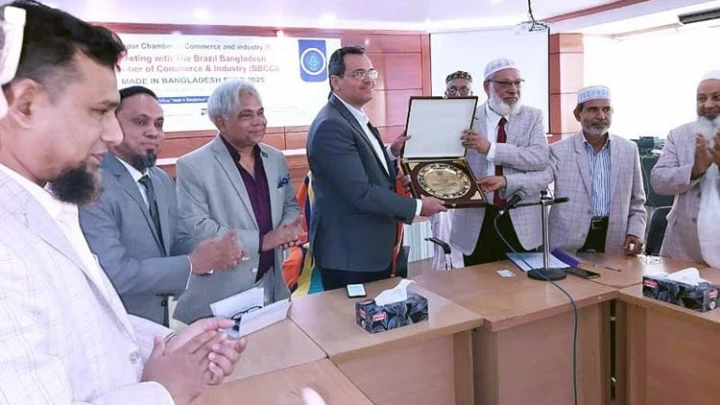India resumes textile, chemical exports to Bangladesh after brief halt
DailySun || Shining BD
India's Gujarat resumed exporting textiles and chemicals to Bangladesh after a brief halt as Bangladesh's political situation is getting normal, according to industry experts.
Traders have started getting fresh orders for cotton yarns and dye chemicals from Bangladesh, which is one of the biggest export markets for Gujarat’s textiles and chemicals industries.
Sources in the industry further said that while the payments have improved over the past week, the exporters were still cautious with their business transactions.
For the spinning sector, Bangladesh is the biggest export market, with India exporting 428 million kg of cotton yarn, which was 35% of India’s total yarn exports in 2023-24.
In the case of reactive dyes, Gujarat exports more than 3,500 tonne of dyes every month to Bangladesh. Textiles, especially garment manufacturing, is the biggest contributor to Bangladesh’s economy, and it cannot afford to lose this business.
Bharat Chhajer, former chairman of the Powerloom Development and Export Promotion Council (PDEXCIL), said, “The textile industry in Bangladesh has resumed operations and the situation there is becoming normal. Exports to Bangladesh had stopped in the wake of the violence there and cotton yarn containers were held up at various ports in India.”
Exporters are cautiously watching the situation unfolding in Bangladesh and taking measures for safe business, he added.
Jayesh Patel, senior vice-president of the Spinners’ Association Gujarat (SAG), said, “Exports to Bangladesh have resumed and enquiries have also started, but overall costing does not match the manufacturing cost.”
The textile and chemical industry in Gujarat faced a tough time after the Covid-19 pandemic. Both sectors have witnessed a revival in the current financial year. However, the political disturbance in Bangladesh had the industries worried.
Manish Kiri, managing director of a chemical company, said, “Gujarat’s dyestuff manufacturers supply 3,500 to 4,000 tonne of dyes, mainly reactive dyes, to Bangladesh every month. This accounts for nearly 15% of the state’s dye exports.”
Reactive dyes are a major export from Ahmedabad to Bangladesh for about 150 businesses.
“We have seen that the situation is becoming normal for businesses sooner than expected. The payment situation has improved and new enquiries and orders have also started flowing in,” explained Kiri.
Gujarat's chemical industry, adhering stringently to Rule 9 of the Hazardous and Other Waste Rules 2016, suffered an 8.20% decline in exports for 2023-24. Despite being India's leading chemical exporter, compliance delays and costs have impacted competitiveness, as other states reportedly bypass these regulations. Industry leaders have urged uniform enforcement nationwide for a level playing field.
The All India Rice Exports Association met in New Delhi to address issues brought by high minimum export prices and the ban on non-basmati rice exports. With a bumper Basmati crop expected in Punjab and North India, the Association urged the government to lower the MEP to USD 750 to prevent farmer losses and maintain competitiveness.
Maruti Suzuki India began exporting its Made-in-India Fronx SUV to Japan, marking the first SUV from the company manufactured in India and launched in Japan. The Fronx, made at the Hansalpur plant near Ahmedabad, had over 1,600 units shipped to Japan from Gujarat's Pipavav port. It is set to be launched in Japan in autumn by Suzuki Motor Corporation.
Source : Times of India
Shining BD

